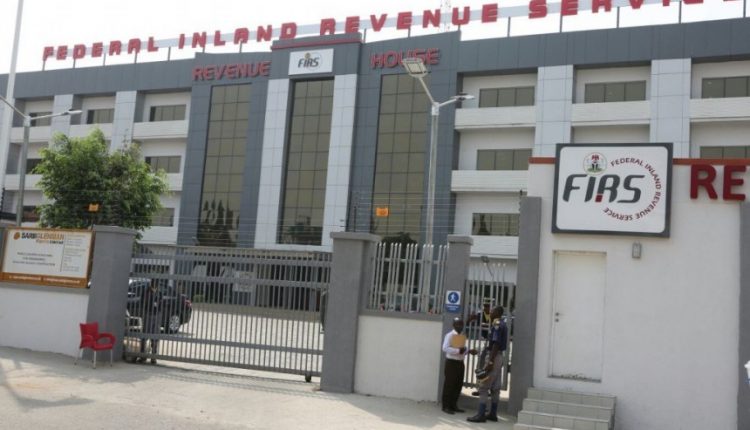Not a few Nigerians are gratified by the improvement in the power supply across the country in recent times. However, what is left to conjecture is whether the improvements are an empirical phenomenon or a providence of nature.
Whilst nature-controlled events and occurrences are dictated by the interplay of seasons, technologically nuanced events are subject to scientific imperatives with experimental precision.
The Minister of Power, Mr. Adebayo Adelabu, recently said that more than 40 percent of Nigerians now enjoy 20 hours of power supply daily across the country. Basking on this euphoria, he further said the feat was achieved through revolutionary measures taken by the Ministry of Power, with the support of President Bola Tinubu, as part of his renewed hope agenda to galvanise economy.
Discerning consumers of power may not be too excited about the surge in power supply without a verifiable proof that those revolutionary measures he said his ministry took are anything novel and not the hackneyed spikes always recorded during rainy seasons when dams, including the popular one in Kanji, are retaining water at their peaks.
These nature-induced spikes would aggravate a sharp drop in power supply during the dry seasons when the water at the dams begins to recede.
One would have expected the minister to speak on the efforts made on renewable energy sources in areas of solar and wind-powered generation.
The power transition is not a rocket science, new data has shown that renewable sources accounted for 51.6 percent of the UK’s electricity generation between April and June 2023.
Unless and until the minister can anchor his enthusiasm on specific technological innovations towards renewable energy transition, celebrating the 20 hours of power supply is a fleeting carousal that will keep the nation in a chokehold of epileptic power supply, incessant collapse of national grid and other dysfunctional outcomes that have bedeviled electricity production and distribution in Nigeria since independence.
The grid collapse at the height of rainfall as we have it now is a telling sign of a difficult supply in the next quarter except the government begins to ramp up investments that can mitigate technological obsolescence in various power platforms.
Bukola Ajisola, [email protected]
READ ALSO: Ondo guber: INEC warns journalists against fake news

 2 hours ago
4
2 hours ago
4









 English (US) ·
English (US) ·